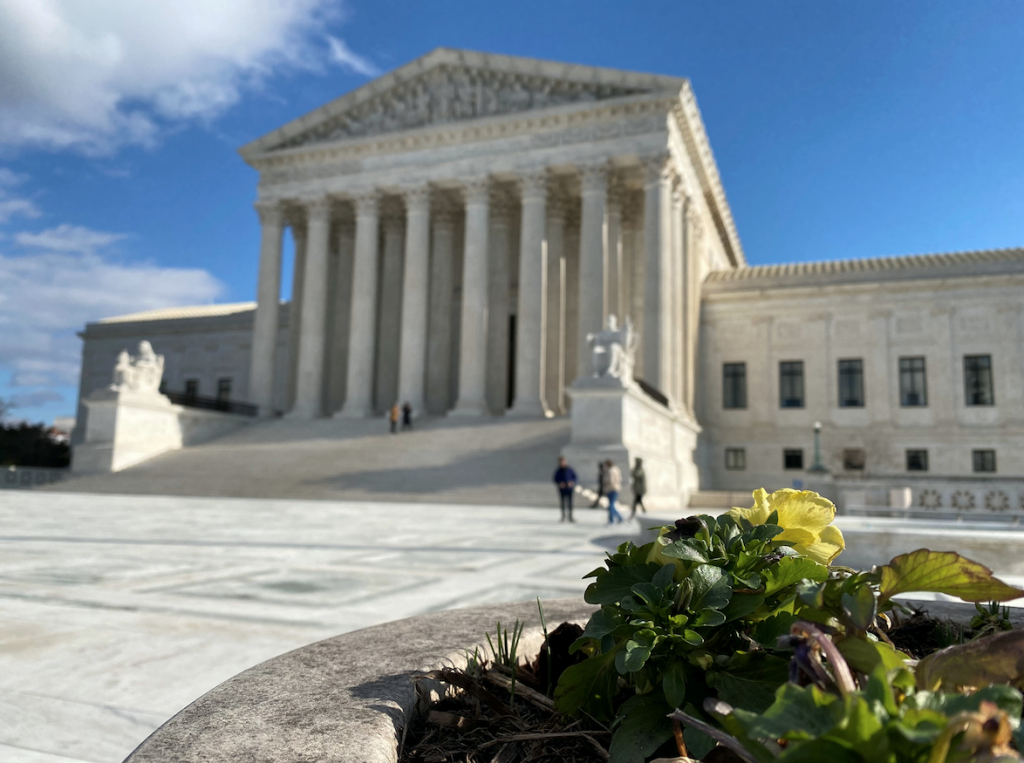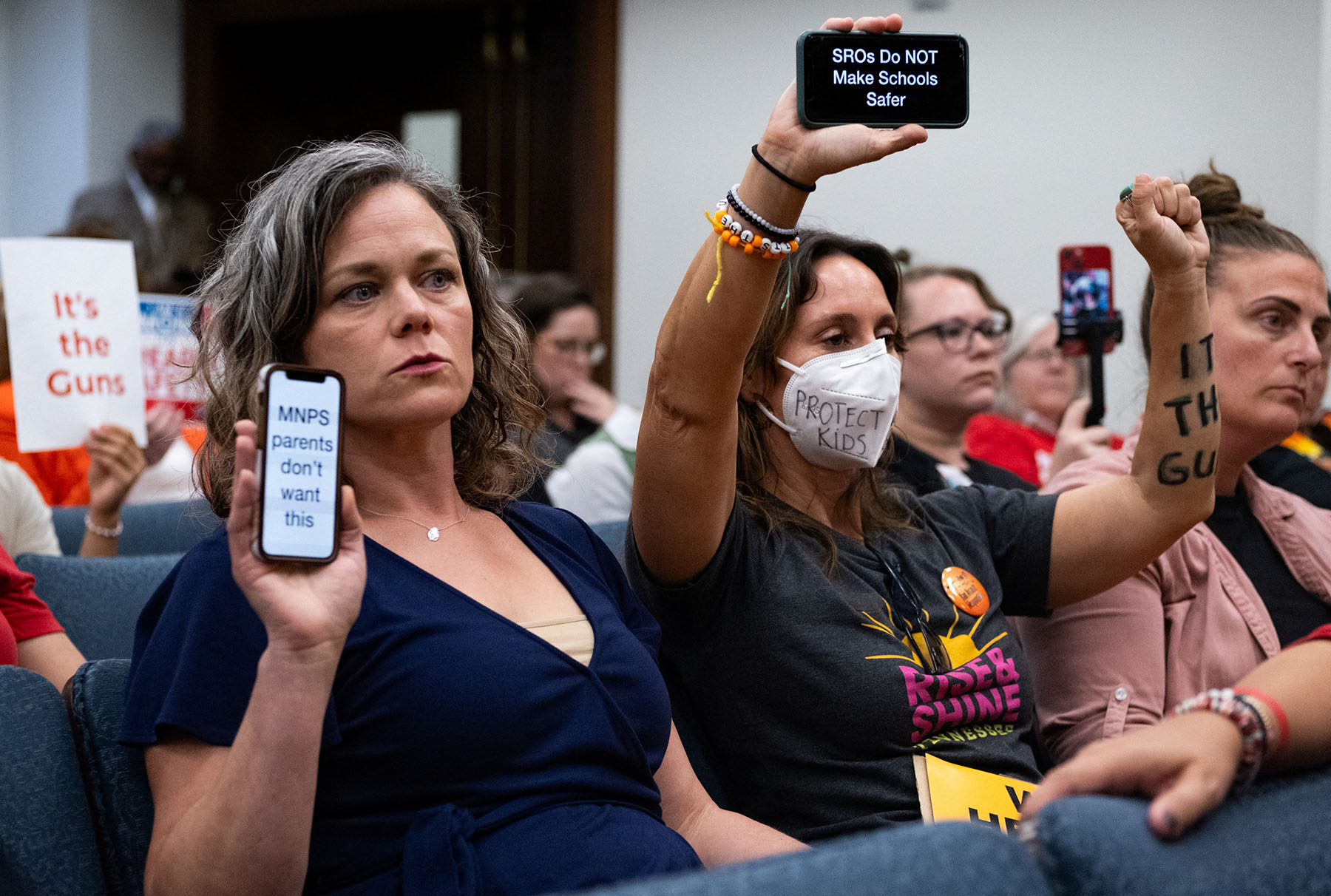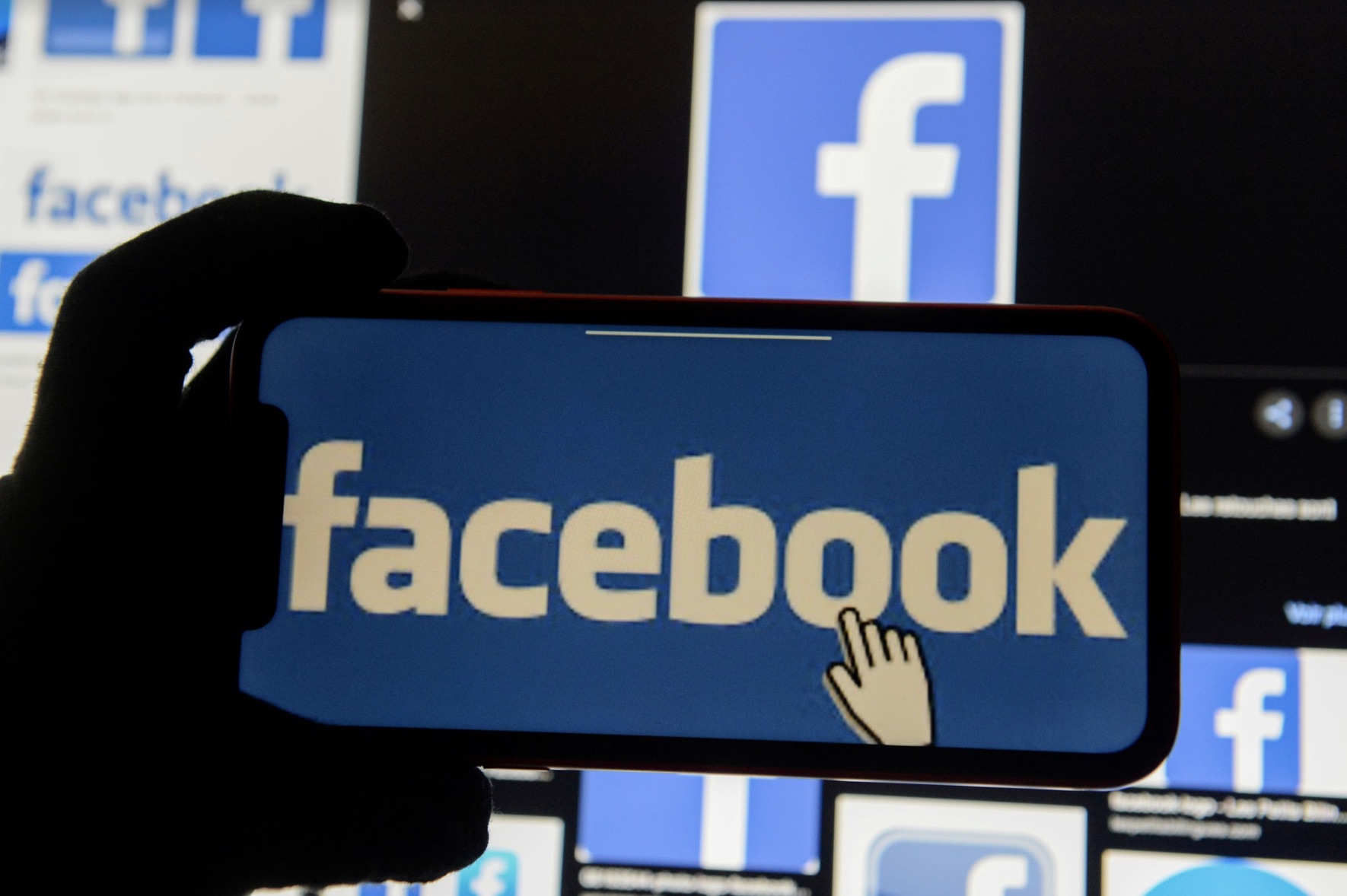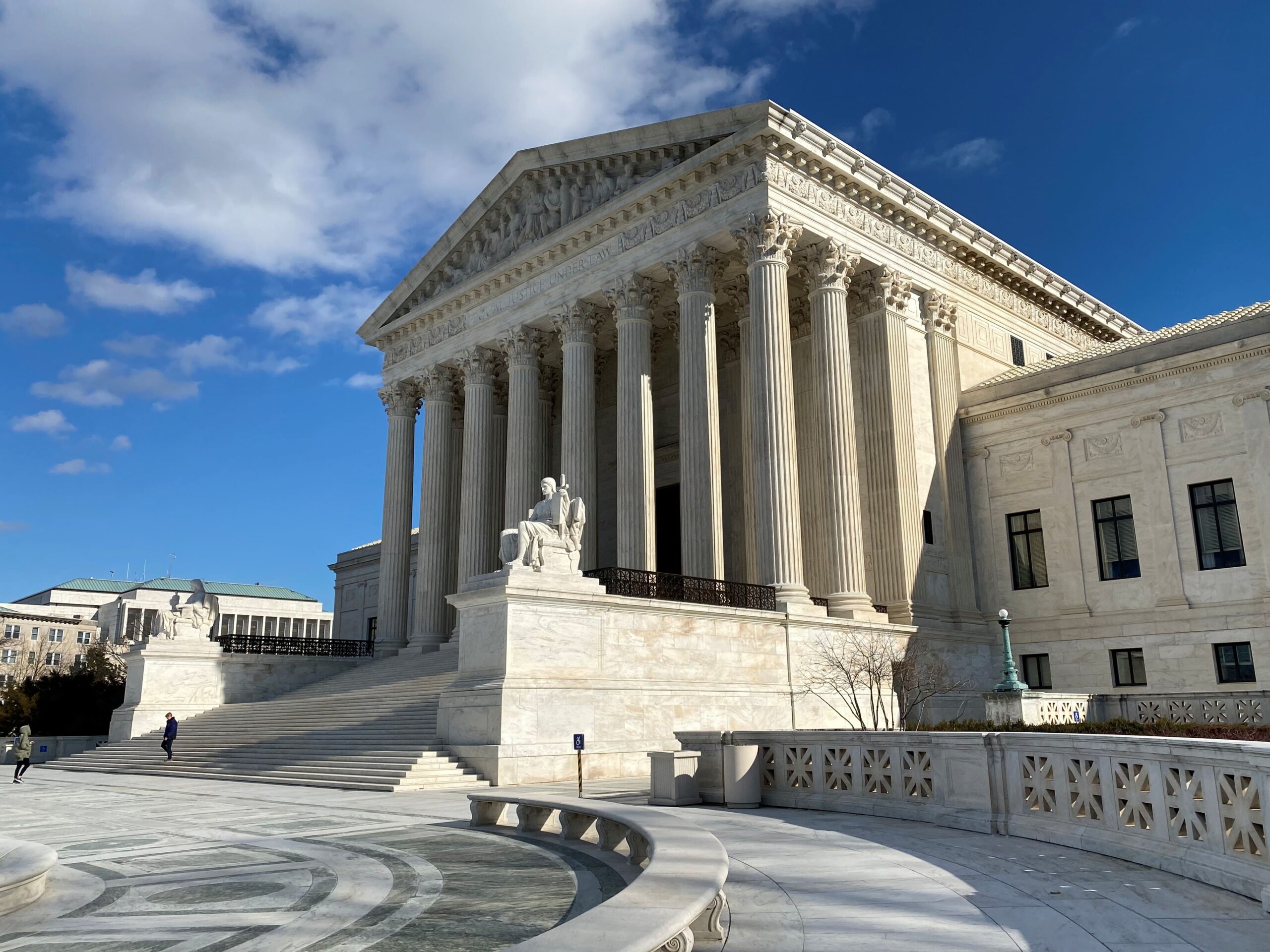On April 5th, the Supreme Court of the United States vacated the Second Circuit’s decision in Donald Trump v. Knight First Amendment Institute, a long-running lawsuit challenging former President Donald Trump’s pattern of blocking critics from his personal Twitter account, @realDonaldTrump.
The justices reasoned that the case was moot because Trump was no longer president and Twitter had removed his account from the platform.
“Donald Trump, then President of the United States, blocked several users from interacting with his Twitter account. They sued. The Second Circuit held that the comment threads were a ’public forum’ and that then-President Trump violated the First Amendment by using his control of the Twitter account to block the plaintiffs from accessing the comment threads. But Mr. Trump, it turned out, had only limited control of the account; Twitter has permanently removed the account from the platform. Because of the change in Presidential administration, the Court correctly vacates the Second Circuit’s decision,” the opinion states.
No justices dissented from the order, but in his concurring opinion, Supreme Court Justice Clarence Thomas criticized the level of power social media companies had over public speech.
“Today’s digital platforms provide avenues for historically unprecedented amounts of speech, including speech by government actors. Also unprecedented, however, is the concentrated control of so much speech in the hands of a few private parties,” Thomas wrote.
The Knight Institute filed the lawsuit in 2017 on behalf of seven users who were allegedly blocked from @realDonaldTrump after criticizing him or his policies. Though the account was initially a personal one, Knight argued that the court should still consider it a public forum because Trump used it for official purposes. After the United States District Court for the Southern District of New York and the United State Court of Appeals for the Second Circuit ruled in Knight’s favor, the Justice Department successfully petitioned the United States Supreme Court to review the Second Circuit’s decision.
In recent years, the Fourth and Eighth Circuit courts have upheld the fundamental principles established by the Second Circuit in Trump v. Knight; namely, that a social media account used by a public official for official purposes is a public forum.
Jameel Jaffer, the Knight Institute’s Executive Director, who argued the case before the Second Circuit, shared a statement on the organization’s site.
“This case was about a very simple principle that is foundational to our democracy: Public officials can’t bar people from public forums simply because they disagree with them. This simple principle helps ensure that people aren’t excluded from the democratic process on the basis of their political views, that public officials aren’t insulated from the opinions of their constituents, and that expressive forums that are important to our democracy aren’t transformed into echo chambers. While we would have liked the Supreme Court to leave the Second Circuit’s ruling on the books, we’re gratified that the appeals court’s reasoning has already been adopted by other courts, and we’re confident it will continue to shape the way that public officials use social media,” the statement read.
While the Supreme Court’s decision to vacate the Second Circuit ruling means that the decision is no longer binding, Jaffer believes the ruling will influence future courts.
“[M]any other courts have now held that public officials’ social media accounts can be public forums, so the vacatur is unlikely to affect the development of the law. And the decision will continue to be persuasive, even if it’s no longer binding on lower courts,” Jaffer wrote in response to another First Amendment scholar on Twitter who asked whether the recent ruling changed Trump v. Knight status as precedent?
Tags




